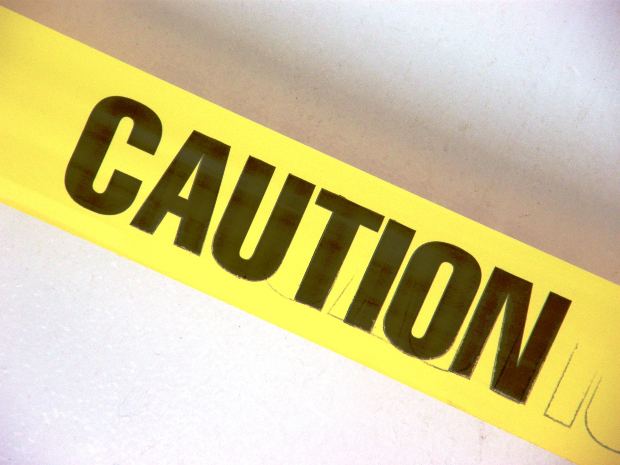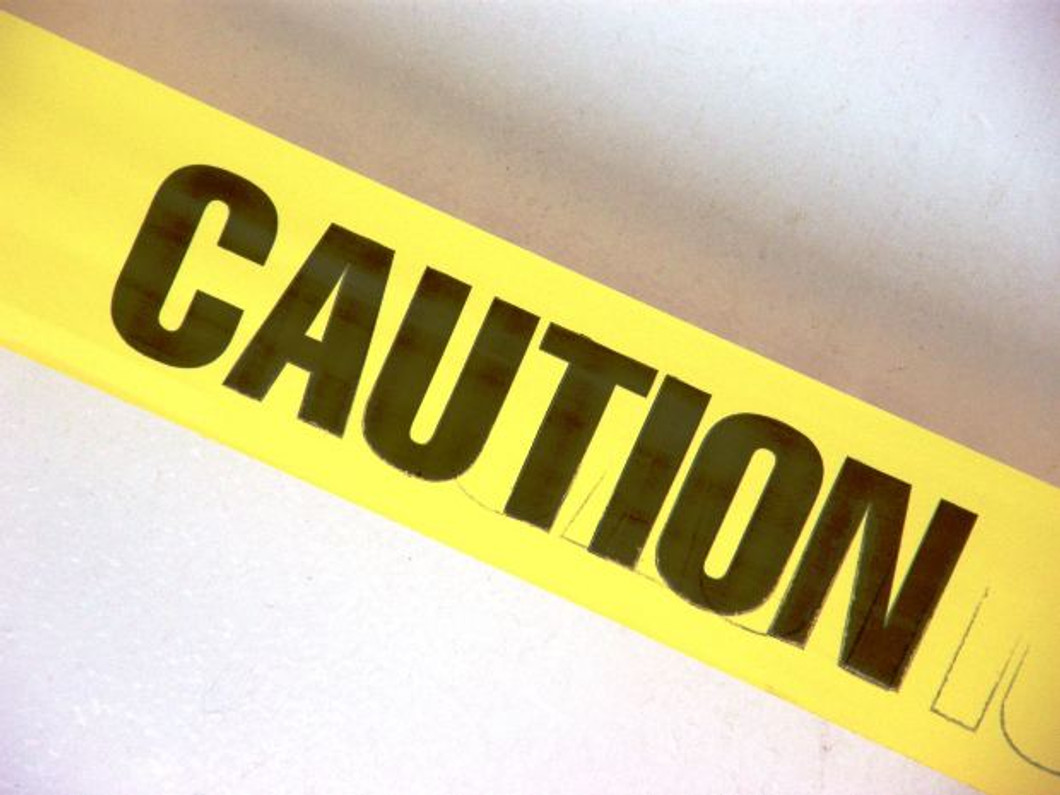Common Hazards of Working in a Confined Space
 Millions of men and women are employed in jobs which require them to work in a confined space. A "confined space" is essentially any area that provides just enough room for a single person to perform a given job. Due to the small size and restricted entry/exit points, there's an inherit risk of injury when working in a confined space. To learn more about the hazards of working in a confined space, and how you can reduce your risk of injury, keep reading.
Millions of men and women are employed in jobs which require them to work in a confined space. A "confined space" is essentially any area that provides just enough room for a single person to perform a given job. Due to the small size and restricted entry/exit points, there's an inherit risk of injury when working in a confined space. To learn more about the hazards of working in a confined space, and how you can reduce your risk of injury, keep reading.
Construction Workers and Confined Spaces
It should come as no surprise that construction workers are most likely to work in confined spaces. Whether it's setting up foundation or running plumbing, construction workers are constantly forced to enter and work in small spaced. It's a little known fact, however, that the Occupational Safety and Health Administration (OSHA) just recently updated its standards to include confined spaces for construction workers
“The goal in this process was to draft a rule that was significantly less confusing than the current rule, address shortcomings with the current rule, and organize the standard so employers can better understand what is expected of them,” wrote OSHA in its newly revised rule.
Poor Ventilation
The single most common hazard associated with working in a confined space is poor ventilation. With air being confined to a single area, workers are at risk of inhaling potentially harmful gases and fumes. Even small amounts of fumes and gases can create a dangerous scenario for workers. Of course, workers are also at risk of suffocation due to the lack of oxygen.
While each and every scenario is different, it's not uncommon for workers in confined spaces to require some type of additional ventilation. This otherwise simple piece of personal protective equipment (PPE) may prove to be a life-saver in situation such as this.To determine whether or not a respirator or ventilator is required, employers should have the air tested. This will reveal the levels of oxygen, carbon dioxide, carbon monoxide, and other potential elements.
Loud Noise
Of course, another potential hazard of working in a confined space is the worker's exposure to loud noise. Sounds produced in small, confined spaces are naturally amplified. Prolonged exposure to loud noise can lead to hearing loss and/or the ringing of the ears (tinnitus). Workers should protect themselves against hearing loss and tinnitus by wearing the appropriate sound protection (e.g. noise-cancelling headphones, ear buds, etc.)
Recent Posts
-
Fire Safety in the Workplace: What You Need to Know
What steps are you taking to prevent fires in your workplace? According to the U.S. Occupational Saf …Aug 23rd 2023 -
Is It Safe to Go Jogging With a Cold Infection?
If you're suffering from a cold infection, you might be wondering whether it's safe to go jogging. T …Aug 22nd 2023 -
5 Safety Tips to Follow When Using a Powder-Actuated Tool
Powder-actuated tools are commonly used to join materials to steel and concrete. Also known as Hilti …Aug 20th 2023




